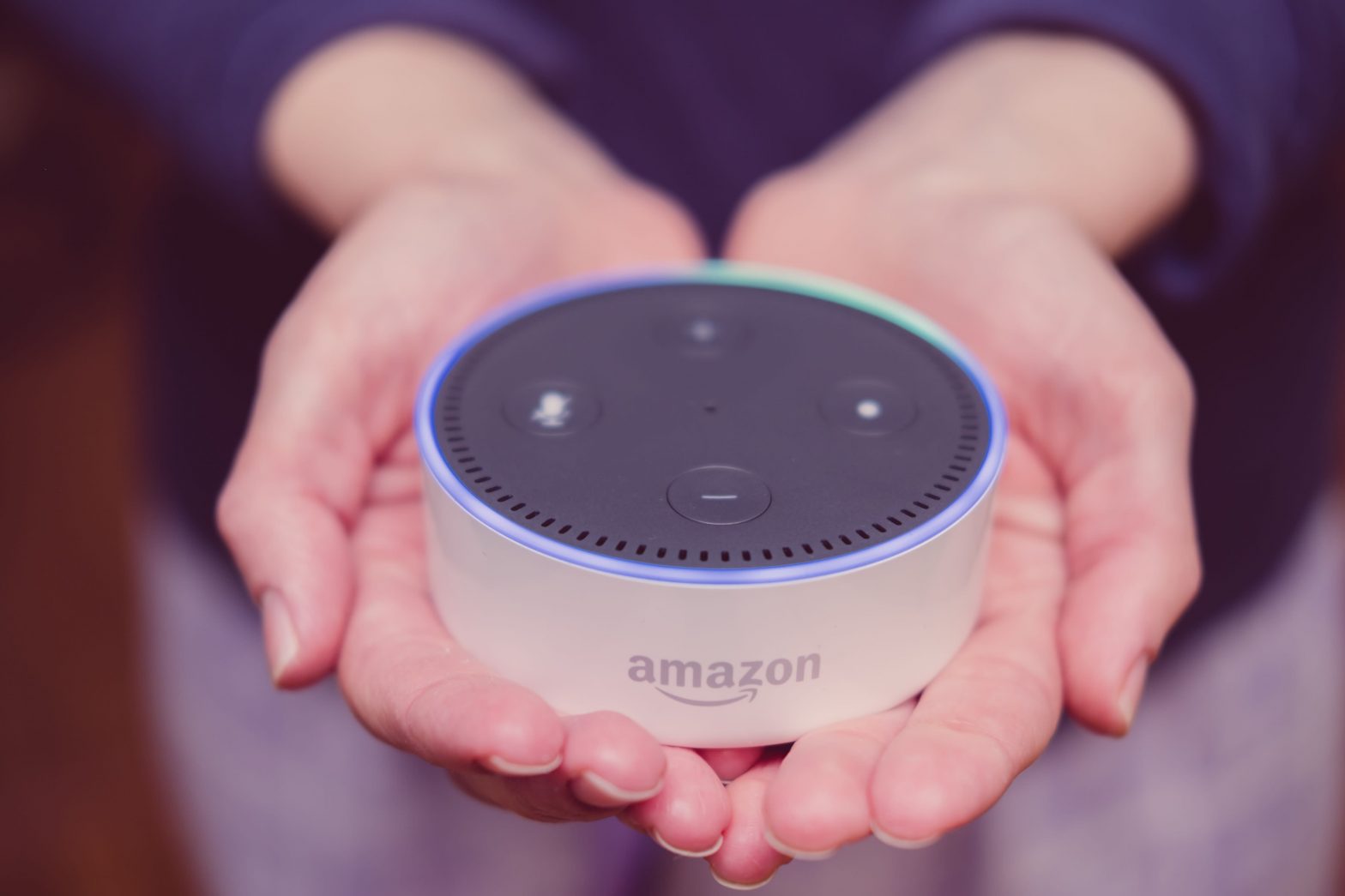Alexa, Amazon’s virtual assistant, is not designed to endanger human lives but that’s exactly what it did over the weekend when it told a 10-year-old girl to touch a live electrical plug with a penny.
The suggestion was given out via an Echo smart speaker after the girl asked Alexa for a “challenge to do.”
“Plug in a phone charger about halfway into a wall outlet, then touch a penny to the exposed prongs,” Alexa said.
An Amazon spokesperson told CNBC on Wednesday that the error had been fixed.
Kristin Livdahl, the girl’s mother who reportedly lives in the U.S., described the incident in a tweet Sunday, which included a screenshot of the event as it appeared in the Alexa smartphone app.
“We were doing some physical challenges, like laying down and rolling over holding a shoe on your foot, from a [physical education] teacher on YouTube earlier,” Livdahl wrote in another tweet. “Bad weather outside. She just wanted another one.”
It was then that Alexa suggested the girl attempt the challenge that it had “found on the web.” Alexa pulled the challenge from an online news publication called Our Community Now. The news website did not immediately respond to a request for comment from CNBC and it was not clear how it originally reported on the foolhardy challenge.
“I was right there when it happened and we had another good conversation about not trusting anything from the internet or Alexa,” the mother said.
The potentially lethal challenge, which Alexa seemingly failed to vet, started appearing on social media platforms including TikTok around a year ago. It’s dangerous because metals conduct electricity and inserting metal coins into a plug socket can result in violent electric shocks and fires, with some reports of people losing fingers and hands from taking the challenge.
“Alexa is designed to provide accurate, relevant, and helpful information to customers,” the Amazon spokesperson told CNBC. “As soon as we became aware of this error, we took swift action to fix it.”
Amazon did not immediately elaborate on what the “swift action” was.
Artificial intelligence expert Gary Marcus said Wednesday on Twitter that the event shows how AI systems still lack common sense.
“No current AI is remotely close to understanding the everyday physical or psychological world,” Marcus later told CNBC via Twitter. “What we have now is an approximation to intelligence, not the real thing, and as such it will never really be trustworthy. We are going to need some fundamental advances — not just more data — before we can get to AI we can trust.”
